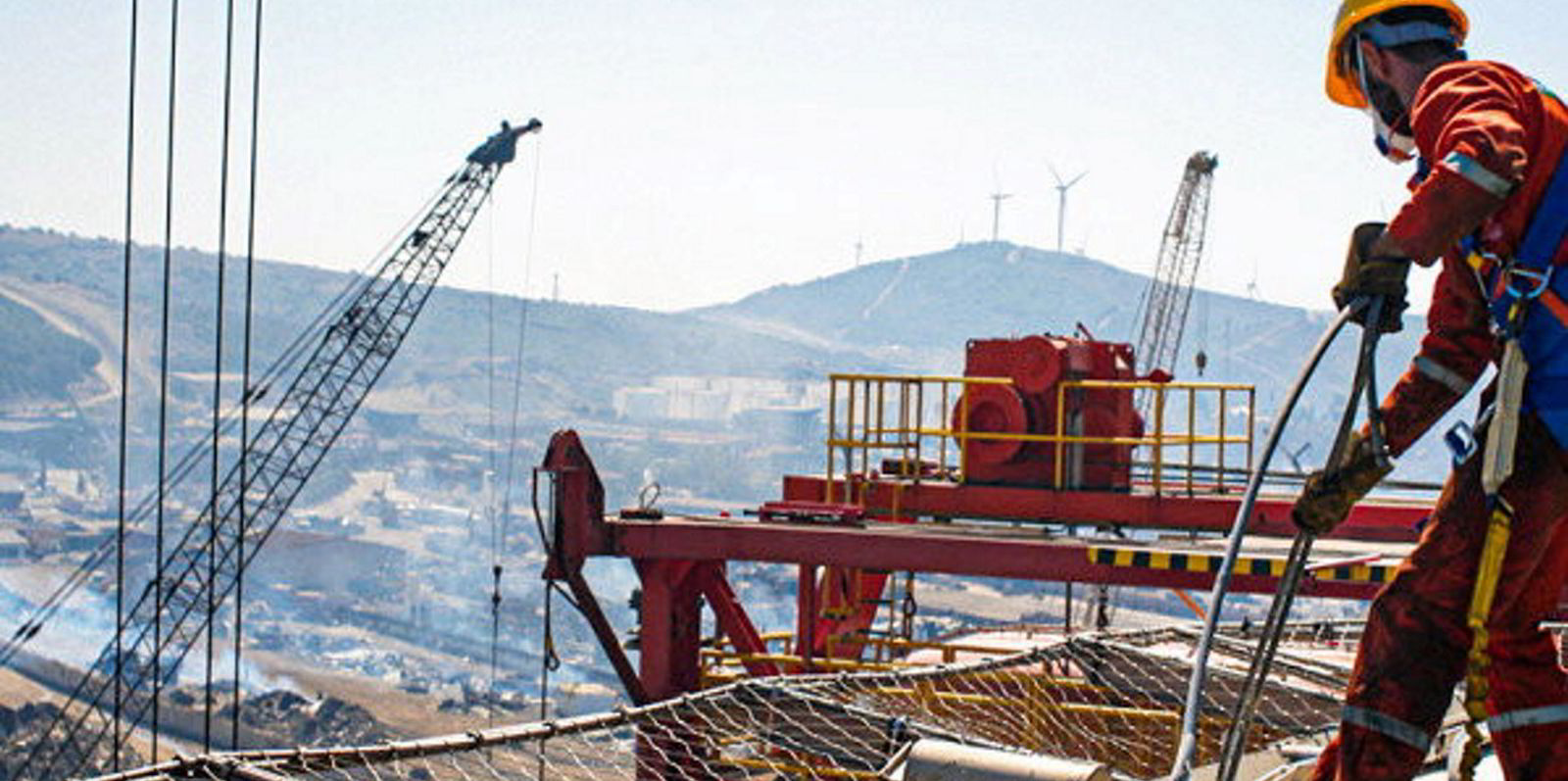Shipowners could find themselves with untradeable vessels unless neutral and fully transparent tools are adopted to open up vessels’ greenhouse gas (GHG) ratings.
That is according to Soren Roschmann, a partner at independent maritime advisory firm Liengaard & Roschmann, which has just launched an open-access tool that aims to bring additional fairness and transparency to emissions ratings for bulkers and tankers.
Before launching the consultancy and its VesselIndex platform in 2018, Roschmann headed Lauritzen Bulkers' technical department and his business partner, Anders Liengaard, led handysize chartering at J Lauritzen. Together, the pair have almost 40 years’ experience in commercial shipping.
Roschmann hopes that bringing vessel GHG ratings into the public domain will encourage charterers and shipowners to find more nuanced ways of categorising ships according to their emissions profile.
This, he said, could be done by working with vessels' "green" speed limits, the maximum speed at which a vessel can sail while keeping its emissions within the acceptable range.
By 2023, regulations from the International Maritime Organization will restrict some vessels' trading capabilities in relation to speed. It is an issue today as charterers are looking at taking ships on period contracts that extend beyond 2023.
One rating to rule them all
The only system currently being used to rate vessels' GHG emissions belongs to RightShip, which is owned by major charterers Rio Tinto, Cargill and BHP.
Roschmann explained that when shipowners offer their ships in the market and are rejected when their RightShip rating is too low, they have to become a member of the platform — which costs money — to gain access and find out what the rating is before they can take action.
"And then you get in there, you can submit additional data, and then you can work with your rating," he said.
"That kind of membership buys you access to be a little bit more proactive, but the thing is — and this is an essential thing — that even though [RightShip] have defined some boxes where you can drop in the ships depending on the efficiency, it’s very, very hard to figure out what is actually the criteria for the assessment.
"When you are assessing vessels, you need to have a transparent criteria. Otherwise, it's not fair for both sides."
Roschmann believes the fact that RightShip is owned by cargo interests gives the system a certain bias.
"If it's not balanced, we might end up in a culture where people don't understand the ranking of ships and where you get a kind of black-and-white market, where you suddenly end up with a lot of ships that are not tradeable," Roschmann said.
Liengaard & Roschmann's online comparison platform VesselIndex has launched its own tool for benchmarking vessel emissions, which is free to access.
The firm claims the tool offers a "dynamic rather than static" emissions profile for vessels, including their "green" speed limit.
This will provide shipowners with the ability to slow down ships, should they have a vessel that does not live up to a charterer's emissions standards.
It also identifies whether a vessel is compliant with upcoming IMO regulations.
RightShip CEO Steen Lund pushed back at the criticism, telling TradeWinds: "RightShip does not deal with compliance, instead we provide a range of sustainability products and services which build upon the IMO’s defined EEDI [Energy Efficiency Design Index] calculations, and we are fully transparent and open to support shipowners on their path to improvements."
He added that the full methodology behind RightShip's GHG ratings is available on its website.
'Green' speed limits
If shipping adopts a hard-line attitude of vessels being either "compliant" or "non-compliant" with emissions requirements set by charterers and regulators, this could cause excess scrapping activity as vessels become untradeable, Roschmann believes.
This in turn, he said, will stimulate newbuilding activity, which will emit even more GHGs than simply continuing to trade less-efficient vessels at lower speeds.
"From January 2023, suddenly a lot of ships will become obsolete, unless you have a way to describe or to communicate in the industry that they are not obsolete, they're not just 100% compliant," he said.
"A lot of them will be 75% compliant and they can actually be used in the trade, but at lower speeds."
Roschmann said all ships have a "green" speed limit, "it's just a case of working out what it is and working with it".
But he added that it will not only be shipowners who lose out if emissions ratings are not made more accessible.
"If we end up in a situation where you have ‘bad’ ships, then we actually penalise the environment in the end, that’s my claim," Roschmann said.
He added that the most important thing right now is to open up a balanced discussion of the issue within the industry and to address the problem.










